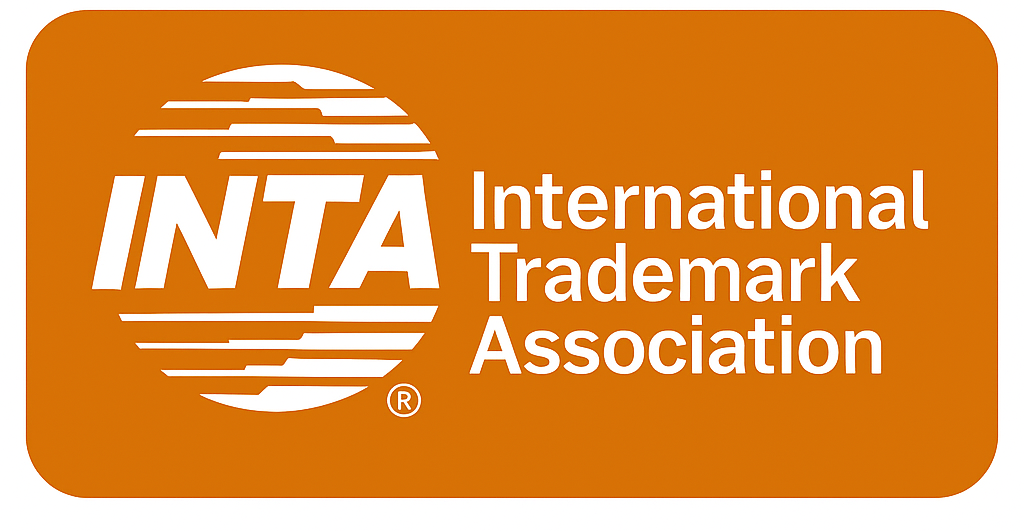
New businesses: start-ups
Over 400,000 new businesses are set up in the UK every year. People take the bold step of establishing their own business for various reasons; for some there may be a product or service they wish to sell, for others a gap in a market they are looking to exploit, whilst many may simply desire the freedom and control that working for yourself affords.
As a legal person, every UK citizen has the right to trade under their own name (known as a sole trader, or more commonly “self-employed”). This small-scale approach is the most common form of start-up businesses; however there are also risks and limitations to sole trading which can be avoided by setting up a limited liability company.
Setting up a limited liability company
What is the difference between operating as a sole trader and a limited company?
- Sole traders do not distinguish between business and personal finances. Whilst this is initially simpler to arrange, if the business incurs a loss, lawsuit or debts, the sole trader is liable, and their personal assets will be available to satisfy the debts of the business.
- A limited company is recognised as a legal person, able to conduct business and take on liabilities in its own right. The liability of the company is therefore restricted to its own assets, meaning that the personal assets of its members and officers are (in most circumstances) not company assets. This can make the company vehicle an attractive option for those currently trading as private individuals.
What are the benefits of a limited company?
Primarily, limited companies provide the infrastructure to protect yourself and your personal assets whilst trading. They also:
- Provide the perfect platform to grow, and even sell, your business in the future.
- Allow revenue to be raised by selling shares in the company.
- Allow shares to be sold when shareholders wish to cash in.
There may also be tax advantages to incorporating your business.
Companies are formed in the UK by application to Companies House. We are able to offer expert assistance in the preparation and filing of the required documents to register your new company.
Issues arising in the formation of a new company:
- Choosing the most appropriate type of limited company for your needs
- Selecting a company name that complies with the applicable rules
- Supplying the Articles of Association governing the internal running of the company
- Appointing the officers of the company required by law
- Directors’ service agreements
- Shareholders’ agreements
- Data protection registration
- Compliance with trading standards.
Alternative business formats
These include starting as a sole trader or the formation of partnerships and limited liability partnerships (LLPs) or entering into a joint venture one of may suit you better according to your circumstances.
Another option is constituting an unincorporated association.
This is a legal agreement between individuals that wish to pursue a common aim without establishing a more formal vehicle such as a company or limited liability partnership. It offers the flexibility of designing your own rules to suit your particular purposes, without also incurring the obligations of a corporate body.
Charities – setting up a social enterprise
Social enterprises provide services with a distinct social benefit.
Most function in a similar way to limited companies, the difference being that any profit is reinvested rather than distributed amongst shareholders or paid out to the owner.
There are multiple structures for social enterprises, some of which are:
- Trusts
- Unincorporated Partnerships
- Community Benefit Services (BenComs)
- Community Interest Companies
It is important to bear in mind that any charity registered in the UK must:
- Adopt and carry out solely charitable aims as defined by charity law.
- Pursue its aims in such a way that they contribute towards public benefit.
If you anticipate that the charity will be undertaking aims that entail significant financial risk, or will require the signing of a high volume of contracts, you may like to establish a corporate charity.
This involves registering a company, usually a company limited by guarantee, with Companies House, which can then be registered as a charity with the Charity Commission using the same process that applies to trust funds. The main difference at the registration stage is that the company’s Articles of Association are submitted to the Charity Commission as the governing document.




